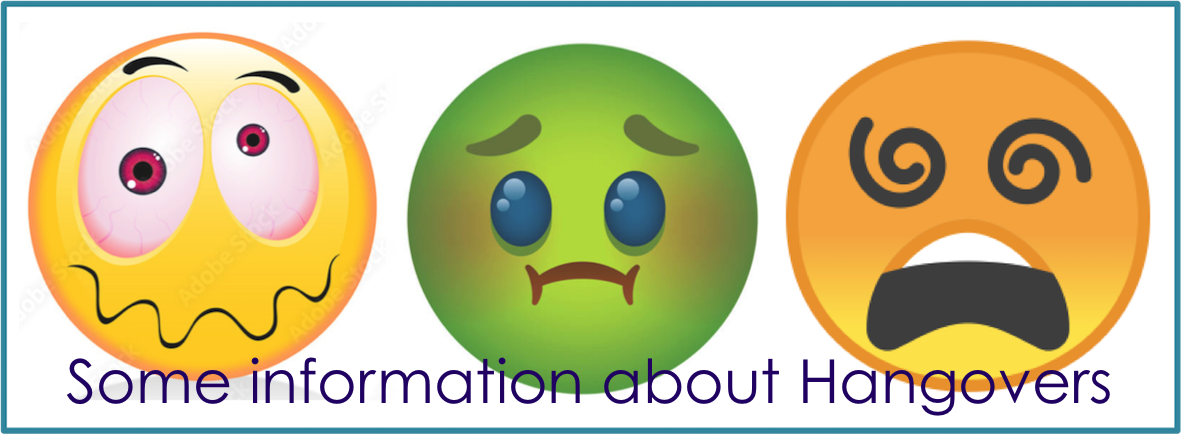Today’s post is about stomach acid, is it a bad thing?
First, what is stomach acid?
Stomach acid, or gastric acid, is a watery, colourless fluid that’s produced by the stomach’s lining.
In order to break down everything from meat to tough, fibrous plants, stomach acid has to be highly acidic.
The primary active component of gastric acid is hydrochloric acid (HCl), which is produced by cells in the gastric glands in the stomach. Alongside acid, the stomach produces a cocktail of other digestive compounds, including enzymes like lipase, which breaks down fat, and pepsin, which breaks down protein.
Together, this mixture is called gastric juice. The production of this liquid is an ongoing effort by the body and the average person produces around 1.5 litres per day.
The body is designed to handle average levels of stomach acid so that it doesn’t cause illness or health complications.
So, is it a bad thing?
The simple answer is no. In fact, stomach acid or gastric acid is needed to break down proteins from the diet. It is from these proteins that we get our amino acids and nutrients. It also destroys potentially dangerous microorganisms that may find their way into the stomach, as most bacteria don’t like acid.
You may be thinking that acid in the stomach is a bad thing because it will burn the lining of the stomach. However, the stomach is protected by a lining of mucous. It is when this mucous lining has been damaged that often creates the problems in digestion.
It’s common for the stomach acid’s pH level to fluctuate from time to time. A number of conditions, medications, and lifestyle factors can cause stomach acid levels to fluctuate. While some fluctuations are unusual, not all are.
Chronically low or high levels of acid can be problematic for your health and well-being. Seeking treatment can prevent long-term complications.
What can cause discomfort?
People who often suffer from bloating, heartburn, burping or abdominal discomfort, may think that they have high gastric acid.
This may not be the case. Interestingly, most often the issue is actually a lack of acid rather than an excess. If the cells of the stomach that release the acid are not doing their job, it can cause the bloating, burping, heartburn, indigestion etc.
This condition is called hypochlorhydria. The complications of having chronically low levels of acid can be quite significant. The early stages of this condition can result in difficulties digesting food and absorbing the nutrients your body needs to function properly.
If left untreated, it can damage your gastrointestinal system.
People that suffer from symptoms such as nausea or vomiting, bloating, abdominal discomfort that may worsen on an empty stomach, decreased appetite or unexplained weight loss may actually have high stomach acid levels. If the level of acid in your gastric juices is too high, the mucus in your stomach may stop being effective.
One of the most common causes of high gastric acid levels is a bacteria called Helicobacter pylori. This bacterium is actually the leading cause of stomach ulcers. This is because Helicobacter pylori likes an acidic environment and so encourages the cells to increase acid excretion. The increased acid can then start to damage the mucous lining.
Treatment options,
Seek medical attention if you’re showing signs of low or high levels of acid. Both of these can be problematic if they’re chronic and not treated properly.
A healthcare professional can review your symptoms and decide the best treatment for you.
The most common treatment for the symptoms of excess gastric acid is called a proton pump inhibitor or PPI. Unfortunately, these types of medication only treat the symptoms rather than fixing the problem and long-term use can lead to other health complications.
So, if you are on a PPI or about to begin keep in mind there should be an end date for the use discussed with your doctor.
So before embarking on a range of medications to reduce your stomach acid it’s a good idea to
talk to your doctor or naturopath. Ask about being tested for Helicobacter pylori or other possible underlying health issues, that could be contributing to your altered acid levels.
Either way if you are having some or all or the symptoms mentioned this is not normal and you need to get it checked out. After all, if your digestion isn’t working properly, then you are left open to all kinds of disease and conditions.
We hope you have found this information helpful.
Till the next post,
Live clean n Prosper
Sources – Wikipedia – Healthline – zoe –



